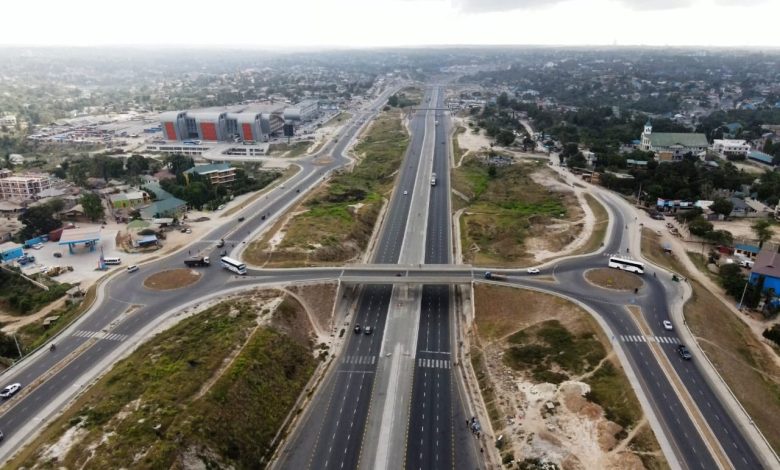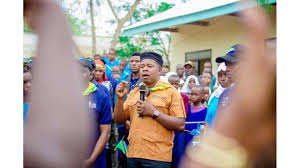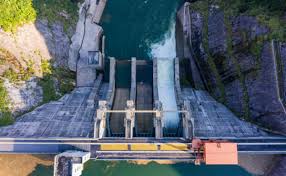Tanzania is earning praise across Africa and beyond for its bold investments in modern transport infrastructure, positioning itself as a major logistics hub for the continent.
During the recent official inauguration of the Kwala Dry Port in the Coast Region on Thursday, leaders from across the Central Corridor applauded Tanzania’s vision and execution of transformative projects aimed at boosting trade and regional integration.
Two major projects are driving this transformation:
The Kwala Dry Port, a new inland logistics hub designed to decongest Dar es Salaam Port and ease movement of cargo to neighboring countries.
The Electric Standard Gauge Railway (SGR), an advanced railway under construction that will connect Tanzania to Burundi and eventually to the Democratic Republic of Congo (DRC).
These initiatives are central to Tanzania’s strategy of becoming a cost-effective and reliable trade gateway for East and Central Africa.
Speaking at the recent inauguration, Okandju Flory, Executive Secretary of the Central Corridor Transit Transport Facilitation Agency (CCTTFA), praised Tanzania for its result-oriented leadership.
“Tanzania continues to position itself as a vital and cost-effective gateway to the regional market,” he said.
The Central Corridor includes seven member states: Tanzania, Rwanda, Burundi, Uganda, Zambia, Malawi, and the DRC—many of which are landlocked and depend on Dar es Salaam Port for international trade.
Mr. Flory emphasized how the Kwala Dry Port complements Dar es Salaam Port and improves cargo flow for landlocked countries.
He also noted that CCTTFA recently supported Tanzania Railways Corporation (TRC) by funding the repair of 20 flatbed wagons, increasing the cargo capacity by 800 tonnes per trip and easing pressure on roads.
Efforts are also underway to extend the electric SGR to Burundi and the DRC, with feasibility studies already in progress.
Ronald Tran Ba Huy, Country Director of the World Food Programme (WFP), called the Kwala Dry Port “a key step forward” in upgrading regional logistics. He highlighted Tanzania’s role in supporting humanitarian aid delivery for decades, especially to vulnerable nations like South Sudan, Burundi, and Malawi.
“Together we can build more resilient, efficient, and inclusive logistics systems,” Mr. Huy said, commending Tanzania’s long-standing commitment to humanitarian logistics and development.
Jean-Pierre Bemba, DRC Deputy Prime Minister and Minister for Transport, welcomed the project, calling it a major step toward deeper economic integration.
“The launch of this hub revitalizes our efforts to streamline trade, attract foreign investment, and combat mineral fraud,” he said.
The DRC is already preparing to operationalize its own designated space at the Kwala Dry Port to fast-track cargo handling and strengthen its economic presence.
Tanzania’s efforts are increasingly seen as a blueprint for other African nations seeking to modernize transport, improve cross-border trade, and reduce dependency on outdated logistics systems.
By improving infrastructure, supporting regional neighbors, and fostering partnerships with both governments and humanitarian organizations, Tanzania is shaping itself into a cornerstone of Africa’s economic future.



